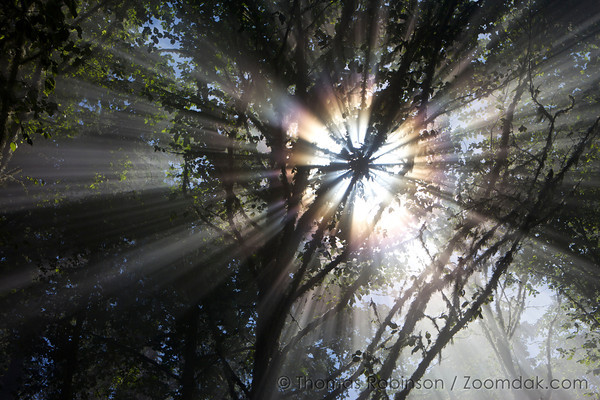Quotations from the writings of Dr. Albert Schweitzer (1875-1965),
winner of the Nobel Peace Prize in 1952
"At times our own light goes out and is rekindled by a spark from another person. Each of us has cause to think with deep gratitude of those who have lighted the flame within us. To educate yourself for the feeling of gratitude means to take nothing for granted, but to always seek out and value the kind that will stand behind the action. Nothing that is done for you is a matter of course. Everything originates in a will for the good, which is directed at you. Train yourself never to put off the word or action for the expression of gratitude. The greatest thing is to give thanks for everything. He who has learned this knows what it means to live. He has penetrated the whole mystery of life: giving thanks for everything (Thoughts for Our Times p. 16)."
"When I look back upon my early days I am stirred by the thought of the number of people whom I have to thank for what they gave me or for that they were to me. At the same time I am haunted by an oppressive consciousness of the little gratitude I really showed them while I was young. How many of them have said farewell to life without my having made clear to them what it meant to me to receive from them so much kindness or so much care! Many a time have I, with a feeling of shame, said quietly to myself over a grave the words which my mouth ought to have spoken to the departed, which he was still in the flesh. For all that, I think I can say with truth that I am not ungrateful, I did occasionally wake up out of that youthful thoughtlessness which accepted as a matter of course all the care and kindness that I experienced from others, and I believe I became sensitive to my duty in this matter just as early as I did to the prevalence of suffering in the world. But down to my twentieth year, and even later still, I did not exert myself sufficiently to express the gratitude which was really in my heart. I valued too low the pleasure felt at receiving real proofs of gratitude. Often, too, shyness prevented me from expressing the gratitude that I really felt. . . . We ought all to make an effort to act on our first thoughts and let our unspoken gratitude find expression. Then there will be more sunshine in the world, and more power to work for what is good. But as concerns ourselves we must all of us take care not to adopt as part of our theory of life all people’s bitter sayings about the ingratitude of the world. A great deal of water is flowing underground which never comes up as a spring. In that thought we may find comfort. But we ourselves must try to be the water which does find its way up; we must become a spring at which men can quench their thirst for gratitude (Memoirs of Childhood and Youth, pp. 87-88)."
Artwork: Vincent van Gogh, Harvest Landscape
Artwork: Vincent van Gogh, Harvest Landscape




